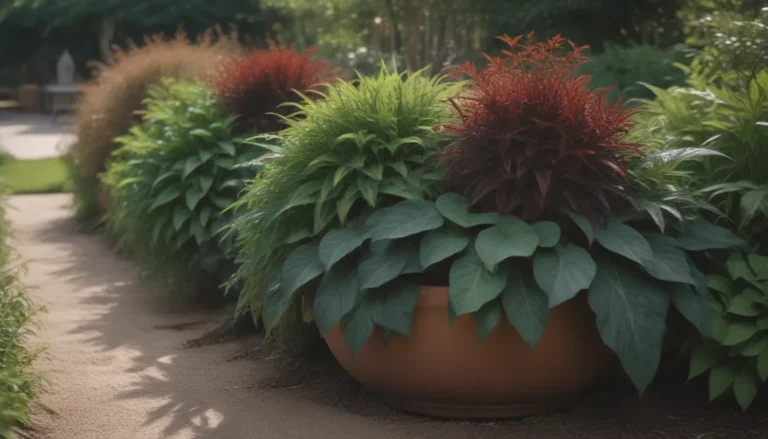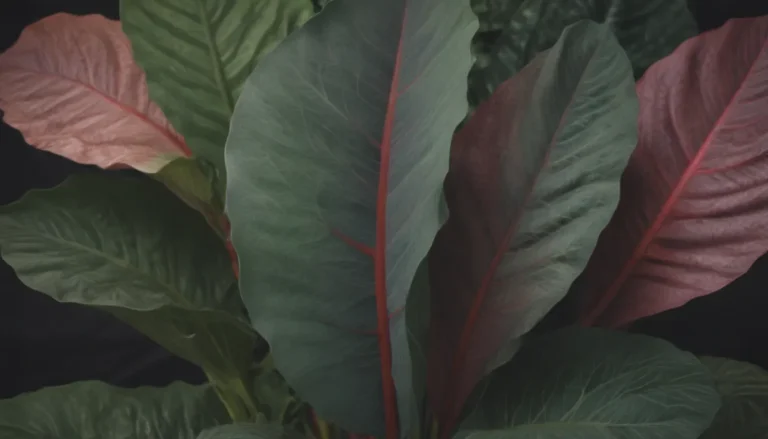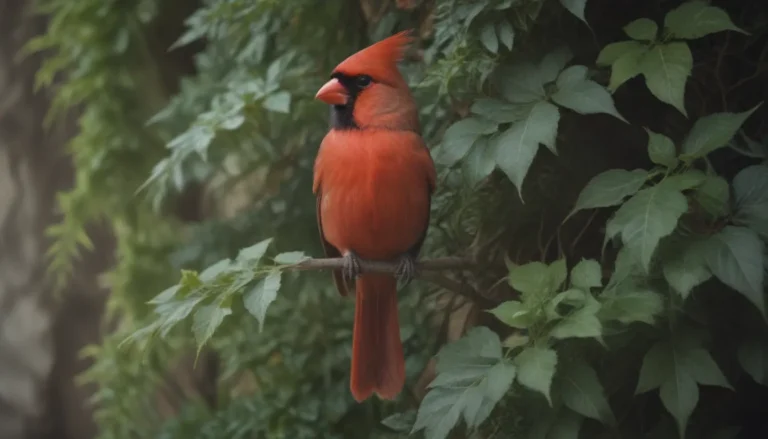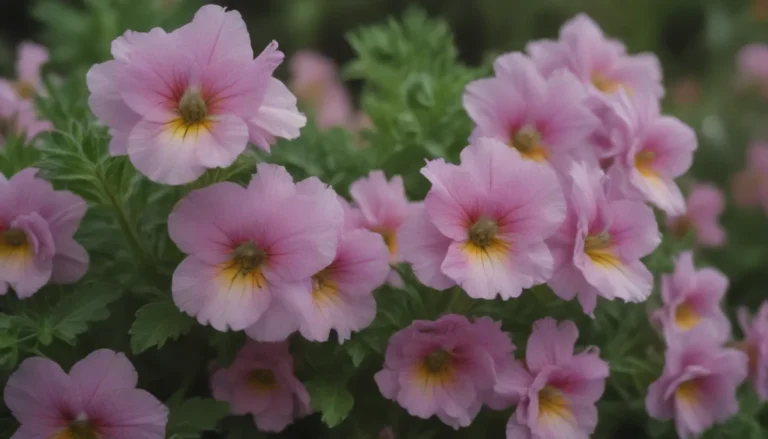Everything You Need to Know About Growing and Caring for Philodendron Burle Marx So It Thrives

Are you looking to add a touch of tropical flair to your home with the beautiful Philodendron Burle Marx? This popular houseplant native to Brazil is known for its bushy, climbing growth habit and medium-sized arrow-shaped leaves. But before you bring this stunning plant into your home, it’s important to understand how to care for it properly to ensure it thrives and stays healthy.
Philodendron Burle Marx Care Tips
Let’s dive into the basic requirements for growing and caring for your Philodendron Burle Marx:
Light
In its natural habitat, the Philodendron Burle Marx thrives in dappled sunlight under the canopy of large trees. When grown indoors, it’s best to provide bright to medium indirect light to replicate these conditions. Avoid exposing the plant to prolonged direct sunlight, as this can lead to leaf burn. While the plant can tolerate low light, it may slow its growth and lose its bushy appearance.
Soil
Like all philodendrons, the Burle Marx requires loose, well-draining soil that is rich in nutrients to prevent root rot. A soil mix specifically formulated for aroids or a combination of perlite, orchid bark or coco coir, and indoor potting soil will provide the right environment for your plant to thrive.
Water
During the active growing season in spring and summer, water your Philodendron Burle Marx once a week when the top inch or two of soil has dried out. In the fall and winter when the plant is dormant, reduce watering to prevent overwatering. Always check the moisture level of the soil before watering.
Temperature and Humidity
As a tropical plant, the Philodendron Burle Marx prefers warm, humid conditions. It can thrive in standard household humidity levels but avoid placing it in dry areas of your home. If you live in a climate with cold winters, consider bringing your plant indoors during the colder months or growing it in USDA zones 9 to 11.
Fertilizer
During the active growing season, fertilize your Philodendron Burle Marx every three to four weeks with a balanced houseplant fertilizer. Stop fertilizing in the fall and winter when the plant is dormant.
Types of Philodendron Burle Marx
There are two main varieties of the Philodendron Burle Marx that are harder to come by and may require you to seek out rare houseplant shops or online sellers.
Pruning and Propagating Tips
Pruning
While pruning is optional, it can help manage the fast growth of the Philodendron Burle Marx. Prune in spring or summer using sharp, clean pruning shears and save any clippings to propagate new plants.
Propagating
Propagating the Philodendron Burle Marx is a simple process that involves rooting cuttings in water and transferring them to soil once roots have developed. This method is great for growing new plants or creating a bushier appearance in your existing plant.
Potting and Repotting Guidelines
Due to its fast growth, the Philodendron Burle Marx may need to be repotted annually. Increase the pot size gradually to prevent overwatering, and repot in the spring or early summer when the plant is actively growing.
Common Pests and Plant Diseases
While the Philodendron Burle Marx is not prone to specific pests, watch out for common houseplant pests like mealybugs, spider mites, and fungus gnats. Treat fungal leaf spot disease with a fungicide and prune affected leaves to stop the spread.
Common Problems and Solutions
Yellow Leaves
Yellow leaves can indicate underwatering, lack of sunlight, pests, or overwatering. Check your plant’s growing conditions to identify the issue.
Brown Leaves
Brown leaves may be caused by underwatering, dry air, too much sunlight, or diseases like fungal leaf spot. Address the underlying cause to prevent further damage.
Droopy Leaves
Droopy leaves are typically a sign of underwatering, but overwatering and root rot can also cause this issue. Check the soil moisture and roots to determine the problem.
Where to Find Philodendron Burle Marx
Philodendron Burle Marx is widely available at most nurseries and houseplant shops. If you’re having trouble finding one locally, consider purchasing from online sellers. This low-maintenance plant is suitable for both beginners and experienced plant owners, making it a popular choice for indoor greenery.
In conclusion, caring for the Philodendron Burle Marx is simple with the right knowledge and a little attention to its needs. By providing the right light, soil, water, temperature, and humidity conditions, you can enjoy a thriving and beautiful tropical plant in your home. And with tips on pruning, propagating, and troubleshooting common issues, you’ll be well-equipped to nurture your Philodendron Burle Marx for years to come. Happy gardening!





